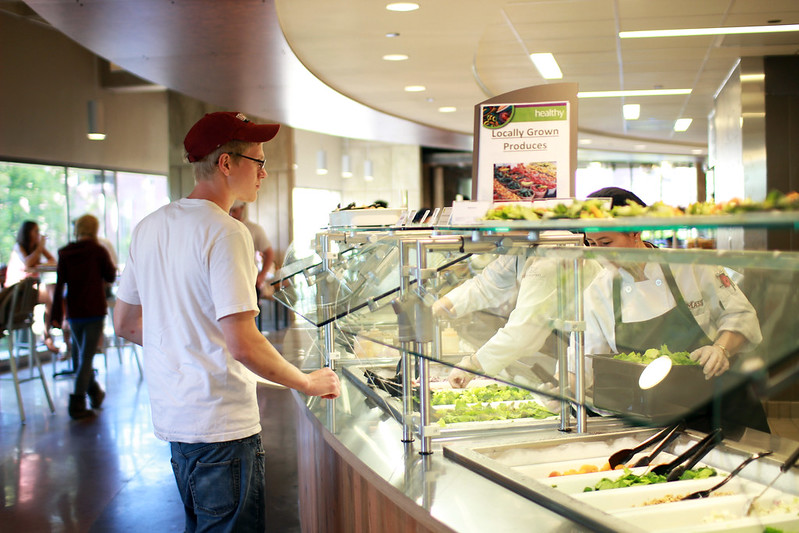From reduced bus schedules to dining hall lines that give Spoke a run for its money, the labor shortage at the University of Massachusetts has been glaringly obvious.
UMass’ reliance on student labor, especially post-pandemic, puts too much pressure on students to get things moving. The expectation that students will, or should, fill that gap of labor is a waning one. Massive lines make it difficult to get food from for both Grab ‘N Go and the dining halls. The buses running on a reduced schedule due to a driver shortage makes it clear that there is a greater demand for labor than there are students willing to work.
UMass needs to hire more full-time employees to catch up with labor demands, especially considering how the University is admitting more and more students.
These labor shortages are more than just inconvenient, they have other ramifications for students, student workers and people in the Pioneer Valley. Many off-campus students rely on Pioneer Transit Authority buses to get them around town and to campus for classes. The PVTA also allows on-campus students without cars to move around the Valley and explore. The freedom and ability of movement is an important thing for college students, but the strain on the PVTA is impeding on their ability to do so. It also affects non-students as well, considering many residents rely on public transportation.
UMass’ reliance on students to work essential jobs places a definite strain on them. One student bus driver I spoke to agreed that UMass relies on student labor too much. He explained that there are a plethora of open slots and regular emails to ask students to pick up shifts.
The pressure to staff the buses in the face of shortages may put a strain on students’ mental health as well.
Like the PVTA, the labor shortage at the dining halls is another example of UMass relying too much on students. The turnover rate of student employees is shocking, and from what I’ve heard, some quit after just one shift. At a lot of the stations there simply is not enough staff to keep up with the volume of work required. One dish room worker I spoke to said students have difficulties switching shifts and finding coverage, and dishes pile up faster than employees can handle.
As UMass recruits more out-of-state students, changing demographics might mean more students can afford not to work, contributing to the University’s shortage. I think that it’s a great thing that students can work on campus, and I don’t believe UMass should get rid of that opportunity. The University should still have positions open for students looking to work, but it needs to put focus on hiring more full time employees to bridge that gap.
Raksha Pokharel can be reached at [email protected].




















Dr. Ed • Nov 9, 2022 at 12:58 pm
I don’t know what UMass is paying students now, but it used to be that one could get better money and working conditions off campus.
UMass would have all the student workers it wanted if it paid the hourly wage it pays full time workers.